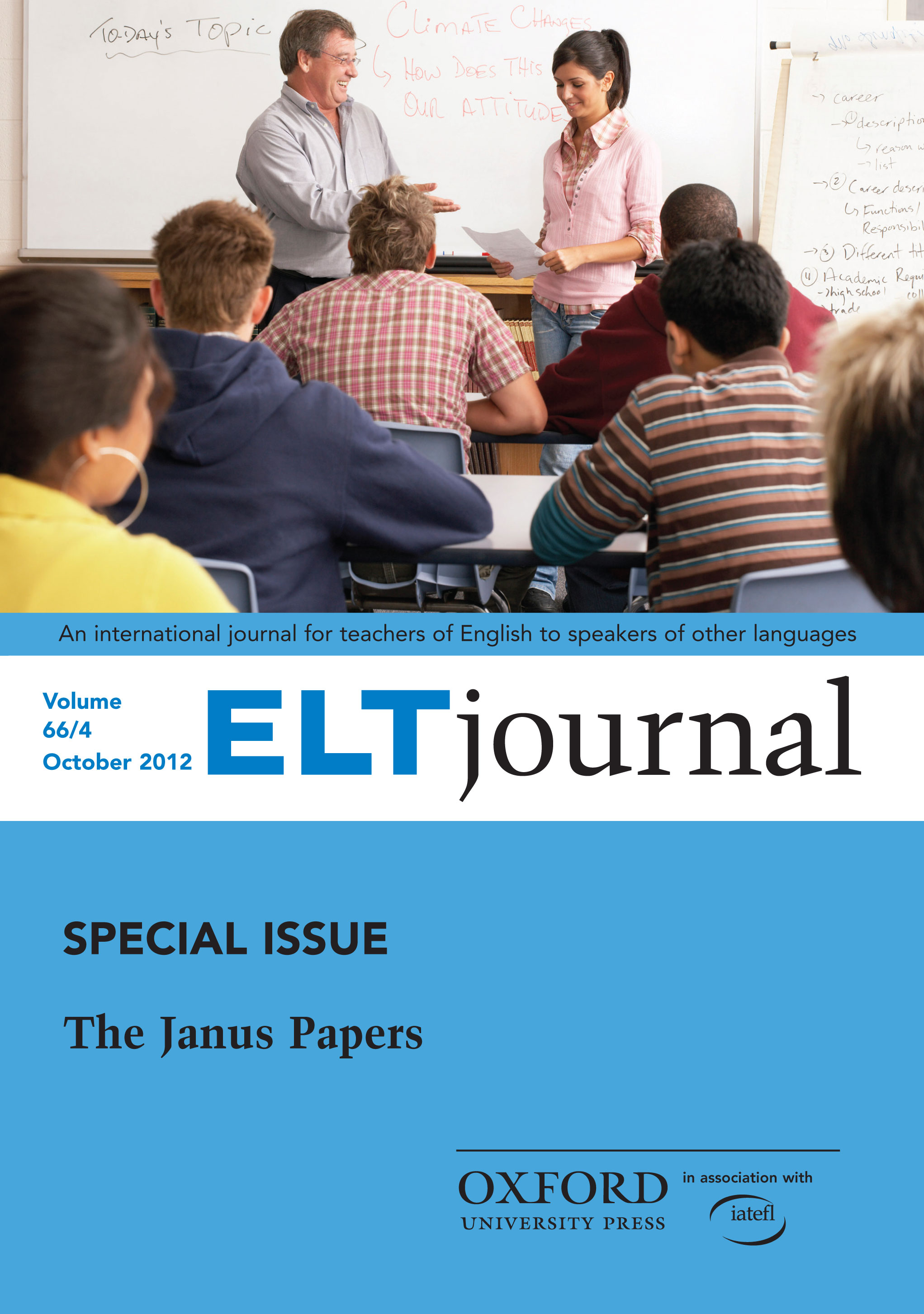 Keith Morrow, who is retiring after 17 years as Editor of ELT Journal, reflects on the key developments in various areas of English language teaching during this time, as identified by contributors to the latest, special edition of the journal.
Keith Morrow, who is retiring after 17 years as Editor of ELT Journal, reflects on the key developments in various areas of English language teaching during this time, as identified by contributors to the latest, special edition of the journal.
Have you had a birthday recently? Or a significant anniversary? Well, I have – not a birthday, but I have just received through the post the last issue of ELT Journal with my name on as editor. I’ve been editor for 17 years, so you can understand why I’m a bit misty-eyed!
For this issue we invited contributors to look back over my time in office and identify key developments in various areas of ELT during this period. We also asked them to peer into the future to see what the future might hold.
The result – though I say so myself – is a terrific overview of practice and principles in our field. But as I read and re-read the articles, I noticed two recurring themes. What do you think about them?
1. There is still a huge gap between theory and practice:
In his article, Alan Waters compares the 1996 and the 2009 versions of ‘Headway Intermediate’ and shows that the more recent version has “an increased emphasis on exposing students to and giving them opportunities to put the ‘target’ grammar into practice”. So what happened to all the work promoting the idea of learning language through using it, and even to task-based learning?
Amos Paran’s article is about developments in the teaching of the four skills. He identifies new insights into the nature of all four areas which could have profound pedagogical implications, but concludes that in the classroom little has changed. “We … have increasing evidence that what was a veritable teaching revolution in the 1970s, with a variety of communicative approaches to language teaching, has not in fact filtered down to the teaching profession to the extent that we like to think it has.”
2. Teacher education is not much help to teachers in the classroom:
Carol Griffiths surveyed teachers to find out what their professional worries were. She found that overwhelmingly they were to do with ‘classroom issues’ such as class management. As one of her respondents says ‘What happens in the classroom usually clashes with the theory’.
Amos Paran develops his theme by writing “…the picture that emerges is of teachers battling with the conflict between their beliefs, their training, the realities of the classroom, the demands of parents and learners, the requirements to demonstrate immediate attainment, and the increasing focus on exams.”
Does that sound familiar? And does current pre-service or in-service provision help teachers here?
The special issue is now available online to subscribers at https://eltj.oxfordjournals.org. Abstracts of articles are available free of charge, but even better is the fact that two really interesting pieces are available for free download.
One is an overview of the ‘Key Concepts in ELT’ features that appear regularly in the Journal; the other is a mammoth ‘Review of the reviews’ giving an overview of the book and materials reviews published since 1995.
If you want to find out what has been going on in the field over the past 17 years you can access them from https://eltj.oxfordjournals.org.
It’s time for me to stroll off into the sunset. I wish the new Editor of ELT Journal, Graham Hall, the very best of luck.


[…] Keith Morrow, who is retiring after 17 years as Editor of ELT Journal, reflects on the key developments in various areas of English language teaching during this time, as identified by contributors to the latest, special edition of the journal. […]
[…] Keith Morrow, who is retiring after 17 years as Editor of ELT Journal, reflects on the key developments in various areas of English language teaching during this time, as identified by contributors to the latest, special edition of the journal. […]
[…] Keith Morrow, who is retiring after 17 years as Editor of ELT Journal, reflects on the key developments in various areas of English language teaching during this time, as identified by contributors to the latest, special edition of the journal. […]